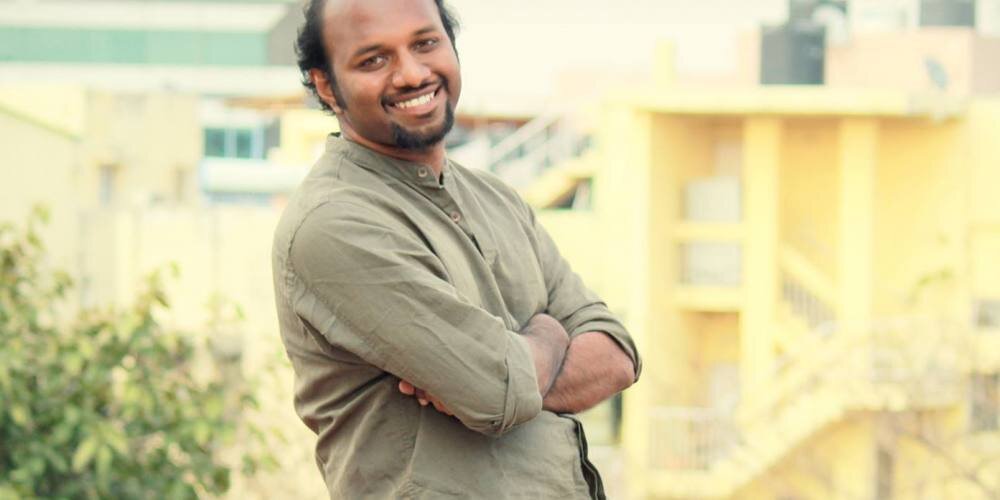Ahead of India’s general election, fact-checking initiatives are mushrooming online.
(Story updated to include AFP India as Facebook’s other fact-checking partner in India. The original article said Boom was the sole Facebook partner.)
India is among the countries worst hit by online information chaos.
In the past two years, 38 people were killed and more than 120 injured in mob attacks sparked by rumors of kidnapping that spread on social networks, according to data compiled by IndiaSpend, a data-journalism project.
And until early 2018, only four online fact-checking initiatives existed in India. But in the midst of election season, with Indians scheduled to go to the polls in May, online fact-checking initiatives are mushrooming.
Balkrishna, the lead at TV Today Network Fact Check, which is part of India Today Group, says news organizations “can no longer afford to ignore the problem of unverified information.”
“The line between social media and mainstream press has blurred,” he says.
A BBC report titled Duty, Identity, Credibility: Fake News And The Ordinary Citizen In India notes there is a “caveat emptor attitude” when it comes to the output of Indian media — television news in particular.
Kanchan Kaur, dean of the Indian Institute of Journalism and New Media in Bengaluru, says the country’s media does not have a culture of rigorous fact-checking.
“We don’t do it often enough in mainstream journalism. And that is coming back to bite us,” she says.
Balkrishna, who heads up a fact-checking initiative, says Indian media must address the problem of unverified information.
Whose fact is it anyway?
Until August, only two Indian fact-checking initiatives — Boom and FactChecker — had been certified by the International Fact Checking Network, which stresses non-partisanship, as well as transparency of sourcing, funding and methodology.
But ahead of India’s general election in May, others are getting in on the act. Four more have been certified in recent months, including TV Today Network Fact Check.
And the Times Group, the biggest Indian media conglomerate and publisher of the largest circulated English-language daily in the world, started its own project called Times Fact Check in August.
However, most initiatives, even signatories to ICFN’s code, only partly disclose their funding.
Kaur questions whether mainstream press fact-checking units are turning the microscope on their own media outlets — and, by extension, the ruling Bharatiya Janata Party (BJP).
“India Today, for example, has a brilliant fact-checking team. But there is a clear dichotomy between what the fact-checking unit does and what India Today the television news channel does. I’m not sure it fact-checks stories from its own TV channel,” she says.
Academic Kanchan Kaur says India's media does not have an ingrained culture of fact-checking.
Both India Today and Times Group also run television news channels that often broadcast problematic content bordering on propaganda for Prime Minister Narendra Modi’s BJP.
Sevanti Ninan, former editor of the now-archived media watchdog website The Hoot, says India’s media outlets also fail to systematically examine claims made by Indian politicians.
“As election-related fact-checking initiatives, these are useful for the voter, but we need to ask whether they will turn into around-the-year fact-checking efforts,” she says.
Ahead of the election there has also been an uptick in the number of politically partisan schemes set up to counter those run by journalists.
By and large connected to the BJP, many of them actively propagate problematic content masquerading as fact-checks. These are then amplified by Modi’s ministers and followers on social networks.
Days after the BBC called out the practice, one such initiative published a series of articles dismissing the report as “bogus” and “an example of fake news”.
Information chaos vs. fact-checking
Legitimate fact-checking initiatives in India typically scan social networks for problematic information. They either use tools such as CrowdTangle and Tweetdeck, or depend on users to flag problematic information on private chat apps, with the claims either verified or debunked before the results are published.
As a new vertical that is gaining currency within the Indian press, the main challenge many organizations are now facing is finding journalists with well-honed fact-checking skills.
“The question that I am dealing with is whether to hire freshers, trained professionals, or pull in the help of other teams,” says Vivek Surendran, who heads up Times Fact Check.
There are also questions around access to platform features as Facebook pursues partnerships with signatories of the IFCN code and Google highlights their fact-checks in its search results.
Vivek Surendran says it is difficult to find journalist with strong fact-checking skills.
In India, Facebook has spent on advertising campaigns, events and support for Boom Live, one of Facebook’s two fact-checking partners in the country (AFP India is the other).
On the technology side Facebook-owned WhatsApp has brought down the number of accounts that a message can be forwarded to to five from the global limit of 20. But bad actors are circumventing the limit by using SIM cards and accounts registered outside India.
“There is a lot that Facebook can do from a technology perspective. And the solution will be a human-plus-tech solution. But they are looking for human-only solutions and engaging in PR,” says Pratik Sinha of Alt-News, one of the first fact-checking initiatives in India.
And it is via social media that fake news has had the biggest impact in India, according to Syed Nazakat, founder of DataLEADS, a start-up that has been holding trainings across Asia for data-driven reporting and online verification since 2015.
“Part of the reason for rise of fact-checking in mainstream media is that fake news has damaged trust in India and elsewhere, but the impact is far worse for social media,” he says.
“Owners and editors are realizing that audience is losing trust and some are trying to restore and protect it.”
Whether those efforts will find success remains to be seen.



